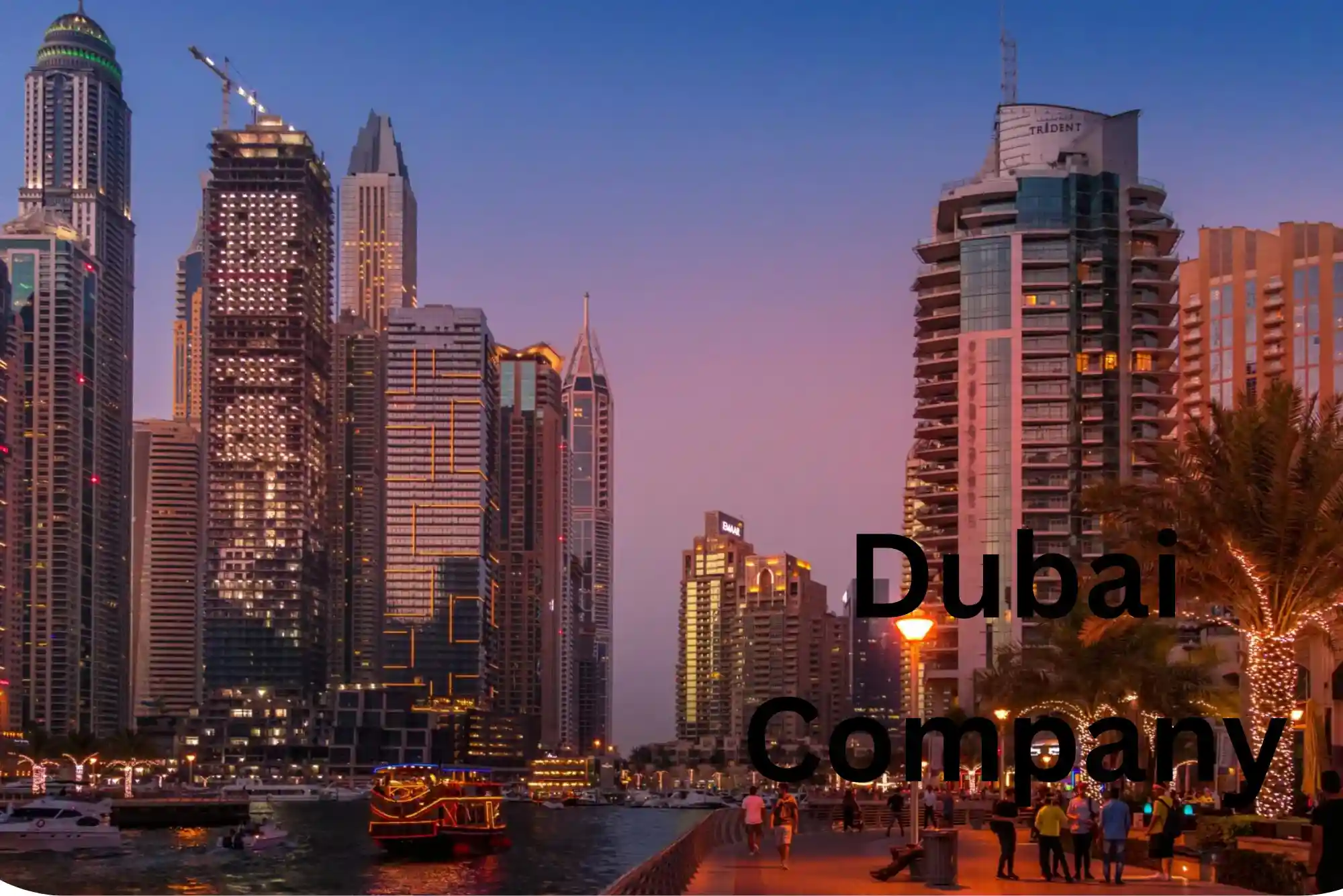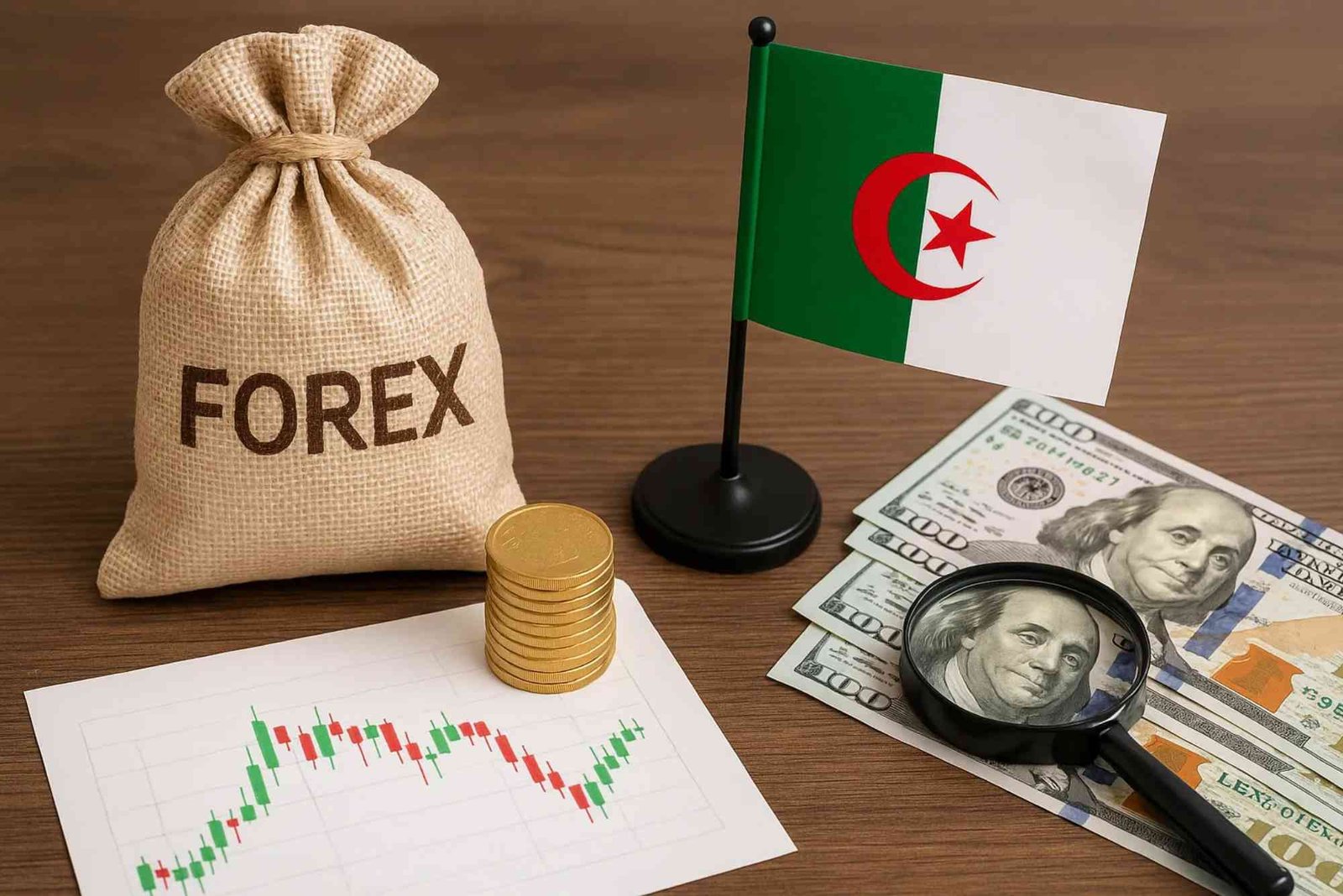In a globalized world where international business, travel, and communication are routine, legal matters are increasingly complex and interconnected. This is especially true in cosmopolitan cities such as Dubai, which serves as a hub for commerce, tourism, and expatriate life. A pressing question that arises, particularly among professionals and expatriates living in the UAE, is whether criminal lawyers in Dubai possess the expertise required to handle cases that intersect with international criminal law. The answer lies in understanding the nature of the UAE’s legal system, the training and background of its legal practitioners, and how international legal standards are integrated into domestic practice.
Introduction to Criminal Law in Dubai
The criminal justice system in Dubai operates under the broader framework of the UAE legal system, which is based on a combination of civil law principles, Islamic Sharia law, and modern legislative developments. This hybrid structure influences how criminal matters are investigated, prosecuted, and adjudicated. While the legal system primarily addresses offenses occurring within national borders, there are numerous situations where international dimensions come into play. These include cases involving extradition, cross-border cybercrime, human trafficking, money laundering, and terrorism-related offenses. To address such matters effectively, legal professionals must have a sound grasp of both domestic criminal statutes and the principles underpinning international criminal law.
The Growing Relevance of International Criminal Law
International criminal law governs the prosecution of serious offenses that have global implications. These include crimes such as genocide, war crimes, crimes against humanity, and transnational organized crime. While these offenses are traditionally addressed by international tribunals, domestic legal systems often have to cooperate or directly engage in such proceedings, especially when suspects, victims, or evidence are located within their jurisdiction.
Given Dubai’s strategic position as a global financial and logistical hub, the local legal system must remain vigilant in addressing crimes that may have international linkages. Consequently, the professionals who navigate the criminal justice landscape need to be conversant with both national and international legal standards.
Educational Background and Training of Lawyers in the UAE
Legal practitioners in Dubai often come from diverse educational backgrounds. Many hold degrees from internationally recognized universities and have studied legal systems beyond the UAE. This diversity in education and exposure enhances their understanding of international legal norms and practices. In addition to formal academic training, continued professional development is emphasized in the legal field. Seminars, legal conferences, and workshops on transnational crime, mutual legal assistance, and human rights law are frequently conducted within the UAE and abroad.
Furthermore, Dubai attracts a considerable number of foreign-qualified lawyers who are licensed to practice in multiple jurisdictions. These professionals bring valuable insights into international criminal proceedings, procedural rights, evidentiary standards, and cooperation frameworks. Their multidisciplinary knowledge enables them to handle complex cases involving foreign defendants, international treaties, or cross-border investigations.
Legal Framework Supporting International Cooperation
The UAE is a signatory to multiple international conventions and treaties that address criminal conduct with a transnational dimension. These include agreements on anti-money laundering, counter-terrorism financing, extradition treaties, and mutual legal assistance in criminal matters. As a result, domestic courts in Dubai are increasingly called upon to interpret and apply international provisions in accordance with UAE law.
This legal evolution requires practitioners to maintain a working knowledge of international treaties and how they are implemented domestically. For instance, in extradition matters, lawyers must navigate bilateral or multilateral agreements while ensuring compliance with procedural safeguards recognized under UAE law. Similarly, in cybercrime investigations involving foreign nationals or assets located abroad, practitioners often coordinate with international enforcement agencies while protecting their clients’ rights under both domestic and international legal frameworks.
Practical Experience in Handling Cross-Border Criminal Cases
The practical experience of criminal lawyers in Dubai also reflects their capability to manage cases with international implications. Dubai’s diverse population and its status as a financial and travel hub mean that many criminal matters involve foreign individuals, corporations, or assets. From white-collar crimes such as embezzlement and fraud to offenses related to immigration, narcotics, or human trafficking, the scope of criminal litigation in Dubai is extensive and often includes international elements.
Lawyers regularly collaborate with foreign legal professionals, government bodies, and international institutions in matters that require cross-border investigation or enforcement. Their ability to understand foreign legal documents, respond to international letters rogatory, and liaise with global law enforcement agencies is crucial in ensuring a comprehensive defense or prosecution strategy. Such collaboration underscores the practical familiarity many legal professionals in Dubai have with international criminal law procedures.
The Role of Multilingual and Multicultural Proficiency
Dubai’s multicultural society presents unique challenges and opportunities for legal professionals. The presence of clients, witnesses, and legal documentation in multiple languages requires lawyers to possess or have access to multilingual capabilities. Proficiency in languages such as English, Arabic, Hindi, and French, among others, allows for better communication and interpretation of international legal materials.
This linguistic versatility, coupled with cultural sensitivity, enhances a lawyer’s ability to manage international criminal cases. It also facilitates the comprehension of foreign statutes, case law, and procedural rules—key components when constructing arguments or understanding the legal positions of foreign jurisdictions.
Adherence to International Standards of Fair Trial and Human Rights
One of the core tenets of international criminal law is the protection of fundamental human rights, particularly in the context of criminal proceedings. This includes the presumption of innocence, the right to a fair trial, the right to counsel, and the prohibition against torture and arbitrary detention. These principles are echoed in the UAE Constitution and are upheld in Dubai’s criminal courts.
Lawyers practicing in Dubai are therefore expected to align their advocacy with these international norms, particularly in cases involving foreign defendants or dual nationals. Their familiarity with international human rights instruments, such as the International Covenant on Civil and Political Rights, reinforces their capacity to safeguard clients’ rights in line with both UAE laws and globally accepted standards.
Challenges and Limitations
Despite the strengths of the legal community in Dubai, certain limitations do exist. Not all legal professionals may have firsthand experience with international criminal tribunals or litigation occurring exclusively in foreign jurisdictions. Moreover, the integration of international law into domestic practice can sometimes present interpretive challenges, particularly when domestic statutes are silent or ambiguous on international matters.
Nonetheless, the increasing volume and complexity of international criminal cases in Dubai have prompted continuous development in legal training, judicial interpretation, and legislative reform. These advancements contribute to closing the gap between local practice and international legal expectations.
Conclusion
In today’s interconnected legal landscape, the ability to understand and apply international criminal law is not just an asset—it is often a necessity. Dubai, with its global prominence and diverse legal needs, has cultivated a legal community that is well-versed in handling matters that transcend national borders. While the practice of criminal law in Dubai is grounded in local statutes and procedures, the expertise required to address international dimensions is well within the capabilities of many practitioners operating in the emirate.
The evolving legal environment, coupled with international collaborations and educational initiatives, ensures that criminal lawyers in Dubai are equipped to manage complex, cross-border cases. Whether dealing with extradition proceedings, financial crimes involving international entities, or offenses governed by global treaties, these professionals demonstrate a nuanced understanding of the interplay between domestic and international legal systems. For employees and residents in the UAE, this offers a reassuring level of legal protection and a reminder of the sophistication embedded within Dubai’s legal framework.








